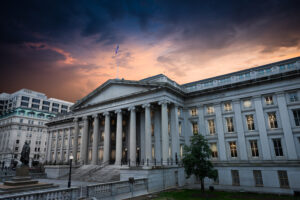At midnight on Sunday 27th September, the Heath Protection (Coronavirus, Restrictions) (Self Isolation) England Regulations 2020 were issued. Deemed a national emergency, no doubt considering the rapid increase in positive cases, these new regulations were not laid before Parliament, but brought into immediate effect.
They are as you would expect complex and here is the link should you wish to read through in its entirety. Health Protection (Coronavirus, Restrictions) (Self-Isolation) (England) Regulations 2020
However the obligations on both the employer and the employee are clear and we have set out a summary of points that are now in effect.
New regulations now make it an offence not to self-isolate when told to do so by the NHS test and trace app or NHS test and trace, or after you or anyone in your household tests positive for coronavirus. It is also an offence to give false information.
They also impose sanctions on employers and the providers of agency workers. Workers are obliged to tell their employer/agency that they are required to self-isolate (and provide proof) and where the employer/agency is aware of the requirement for their worker or agency worker to self isolate, they must not knowingly allow the worker or self-isolating agency worker to attend any place other than the designated place (generally their home), during an isolation period, for any purpose related to the worker’s or self-isolating agency worker’s employment. If the worker cannot work from home then, pursuant to previous legislation, they are entitled to statutory sick pay for this period.
It provides a sliding scale of fixed penalty notices starting at £1,000 for the first offence and increasing to £10,000 for the fourth and subsequent ones and provides an expanded list of organisations who can impose them.
It is also worth clarifying when a person who is self-isolating can only leave the house:
1.To seek medical assistance, where this is required urgently or on the advice of a registered medical practitioner, including to access—
(a) services from dentists, opticians, audiologists, chiropodists, chiropractors, osteopaths and other medical or health practitioners, or
(b) services relating to mental health
2.To access veterinary services, where this is required urgently or on the advice of a veterinary surgeon
3.To fulfil a legal obligation, including attending court or satisfying bail conditions, or participating in legal proceedings,
4.To avoid a risk of harm,
5.To attend a funeral of a close family member,
6.To obtain necessities, such as food and medical supplies for those in the same household (including any pets or animals in the household) where it is not possible to obtain these provisions in any other manner,
7.To access critical public services, including social services, and services provided to victims (such as victims of crime),
8.To move to a different place where it becomes impracticable to remain at the address at which they are.




